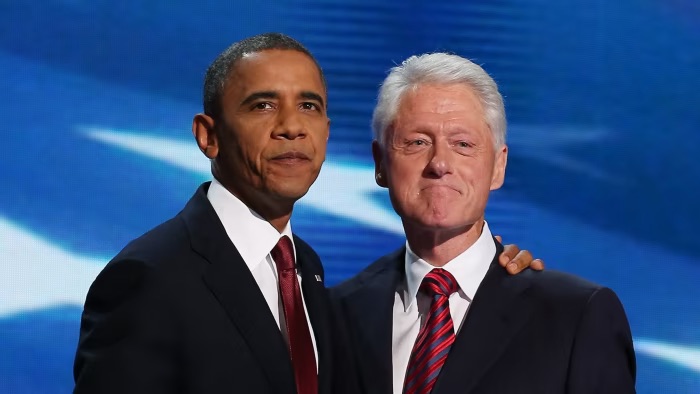
In a recent analysis by Damon K. Jones, the impact of Bill Clinton and Barack Obama's policies on Black America is critically examined, revealing a complex legacy of progress intertwined with deepening class divides. While both presidents have historically enjoyed strong support from Black Americans, their policies have had significant adverse effects on Black communities. For instance, Clinton's 1994 Crime Bill is noted for contributing to the mass incarceration of Black men, which destabilized families and communities across the nation. This legislative action has had long-lasting repercussions on the social fabric of Black America.
Moreover, Clinton's implementation of the North American Free Trade Agreement (NAFTA) in 1993 resulted in substantial job losses in manufacturing, disproportionately affecting Black workers. This economic shift has been linked to rising unemployment rates and economic instability within these communities. On the other hand, Obama's focus on higher education, while well-intentioned, led to significant student debt burdens for many Black graduates, further widening the racial wealth gap.
During the Great Recession, Obama's bank bailouts prioritized Wall Street over the needs of Black communities, resulting in a notable decline in Black homeownership rates. These systemic inequities have created a stark class divide within Black America, as many families struggle to achieve economic stability.
Despite these challenges, the enduring appeal of both Clinton and Obama among Black voters highlights a tension between symbolic victories and the need for substantive change. Jones argues that Black Americans must demand policies that address these systemic inequities rather than relying solely on symbolic gestures from political leaders. This call to action emphasizes the importance of focusing on tangible outcomes that can lead to real progress for Black communities.
As the political landscape evolves, the legacy of these policies continues to shape discussions around race, economics, and the future of Black America. [d1a0d021]